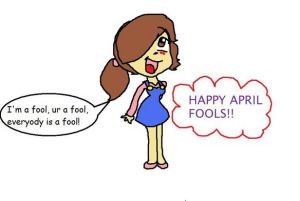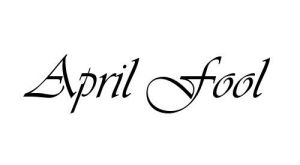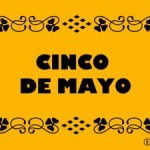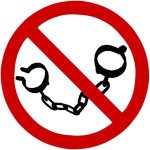How April Fools Became Popular
Despite having a mysterious origin, April 1, also called All Fools’ Day, has long been celebrated by different cultures just as a day worth celebrating, well, foolishness to be precise. Fools’ Day had been speculated by many historians to have started back 1582, when the French authorities adopted the Gregorian calendar and switched from the Julian calendar, as required by the Trent Council in 1563. A number of Frenchmen never got timely updates about the changes and it was noted that they went ahead and celebrated the end month of March through April 1 as of the year not knowing the beginning of the new year had moved to January 1. People who heard the news made fun of the rest blowing them with jokes and hoaxes. More particularly, April 1st is all about making other folks appear foolish with practical jokes. Find out more here about the mysterious origins.
Making Fools Of Others
As profoundly as we hold the heritage of making fools of other folks, there’s much more than presumptions about where Fools’ Day originated from. Figuring out how the holiday came about can be as tricky as determining the source of a joke.
A school of thought has it that the ancient Romans Empire held a festival called Hilaria which was used to mark ‘the resurrection’ of the god Attis. This, of course, resembles the English word hilarity that is contemporary equivalent to Hilaria also known as Roman Laughing Day.
April Fools In Different Cultures
Other cultures have their own non-Western traditions similar to the first of April, Fools’ Day. In India, first of April is marked as Holi, a Hindu festival which often entices non-Hindi participants to take part. People from all cultures are spotted in India during April, Fools’ Day, playing jokes and joyously hurling colorful dyes at each other.
In the late 18th century, April Fools’ Day begun to spread all over Britain and in Scotland, the tradition turned out to be a two-day event. It all started with “hunting the gowk,” (gowk meaning cuckoo bird, a fool symbol ) where people could be sent on phony errands and then it was followed by Tallie Day, that involved pranks played on people’s buttocks, such as attaching some fake tails or any funny signs on people’s backs.
The Persian culture holiday, known as Sizdah-bedar also coincides with Fools’ Day bearing a similar a theme and characteristics. On this day, the Iranians play pranks and jokes on one another making it more of a Laughing Day as the Romans would have it and as a ‘Holi-day’ as the Hindu would put it.
Modern Times Fools Day
In modern times, April Fools’ Day hoaxes and jokes have gone to higher heights as people try to be more creative to elaborate the day. TV stations, radio, newspapers and even web sites have taken part in the April Fools’ Day tradition reporting startling fictional claims which have, more often than not, fooled their audiences. In 1957, a number of viewers were fooled by the BBC report showing footage of farmers harvesting noodles from trees claiming that Swiss farmers were experiencing a record spaghetti crop.
Nic Tuff, a UK radio presenter, working with West Midlands station made a phone call to then South African President Nelson Mandela and pretended to be Tony Blair, British Prime Minister, for a chat. Mandela fell for the joke until when he was asked what he was doing on Fools’ Day and realized it was an imposter, Tuff.
Sports Illustrated is also on record for tricking its readers when it ran a cooked article in 1985 about Sidd Finch, a rookie pitcher, capable of throwing a fastball over 168mph. Fast-food restaurant, Taco Bell, duped millions of people by announcing in 1996 that they had agreed to buy Philadelphia’s Liberty Bell, and they intended to change its name to Taco Liberty Bell.
The joke still goes on.







